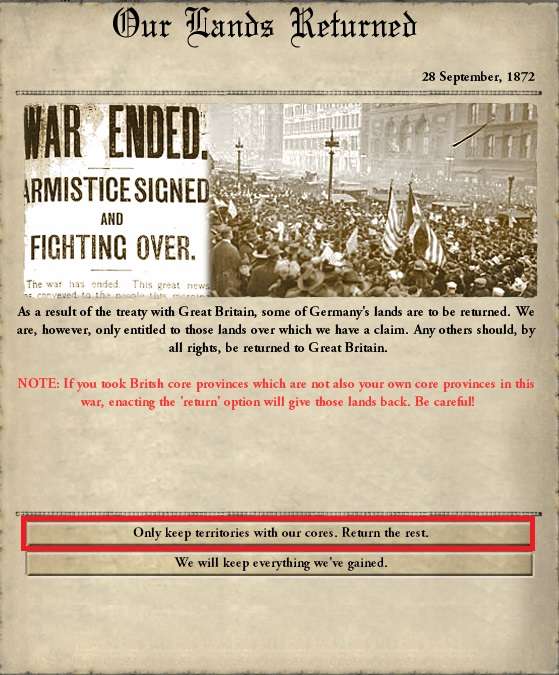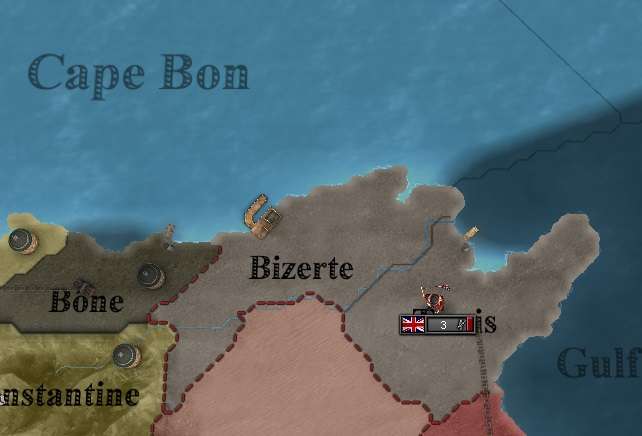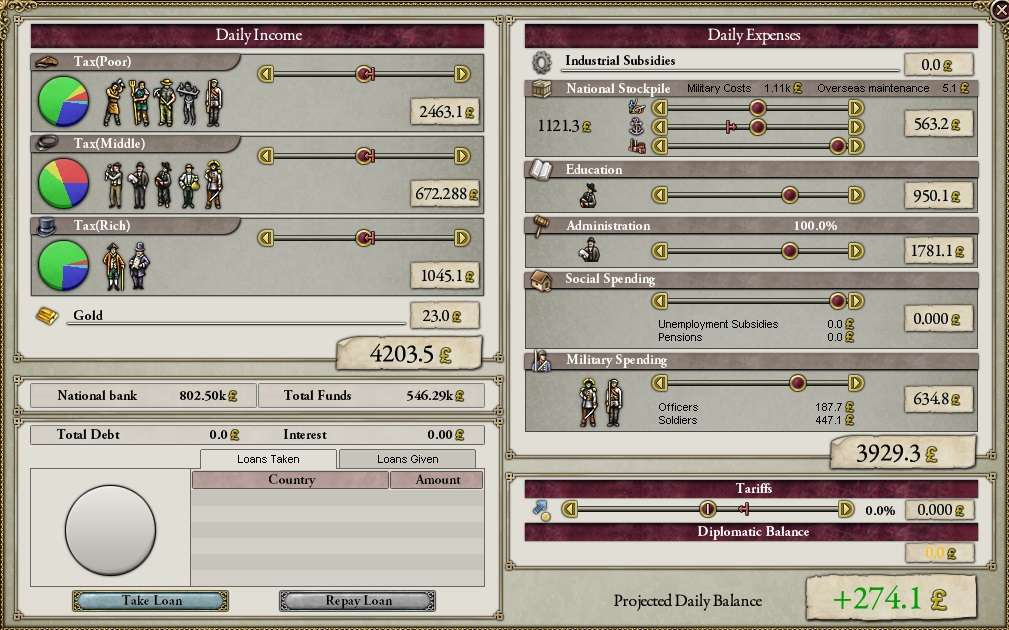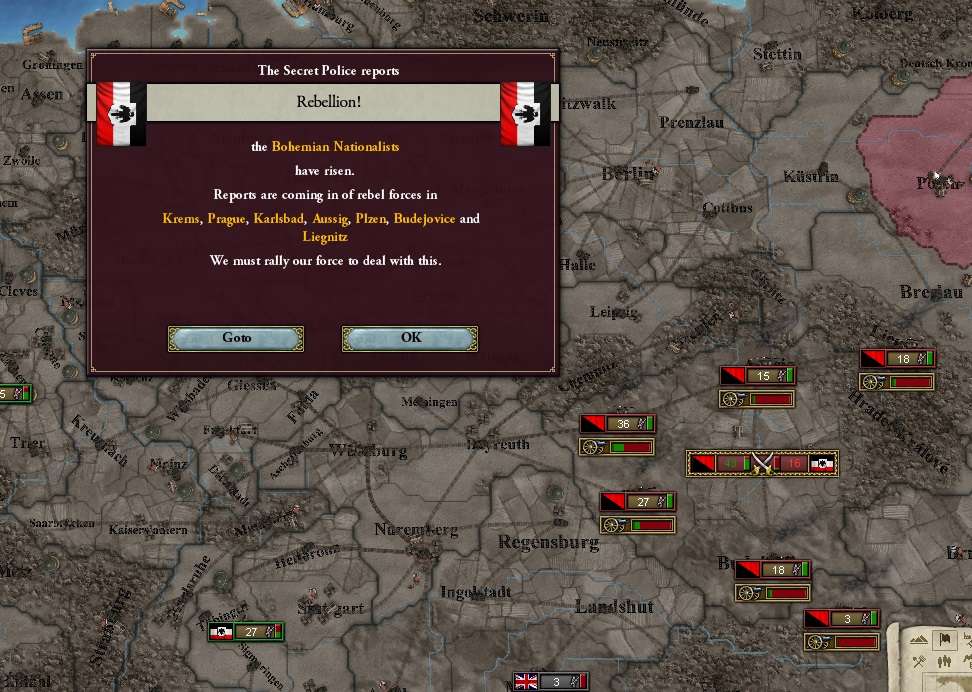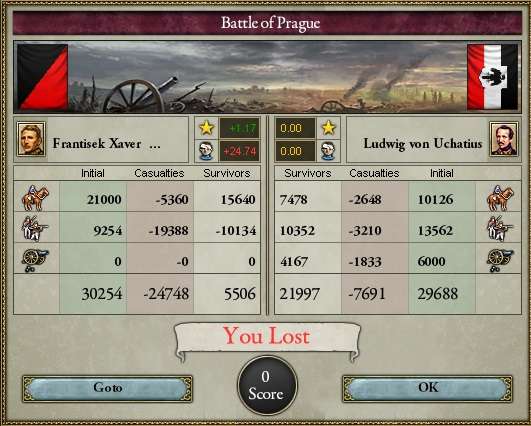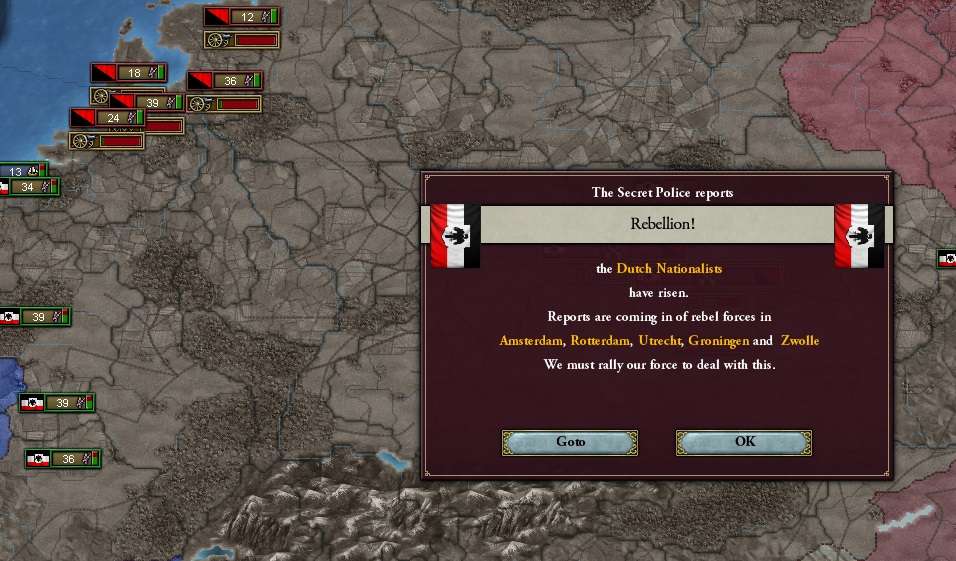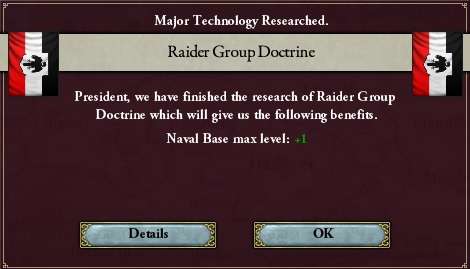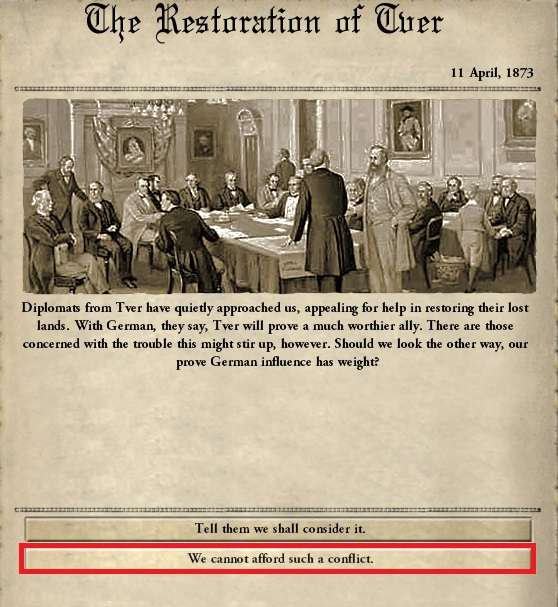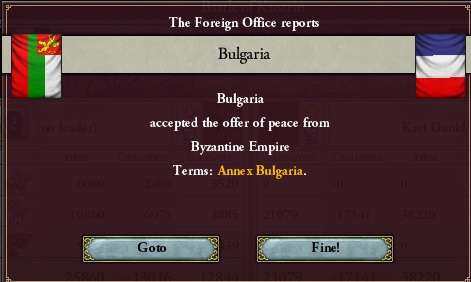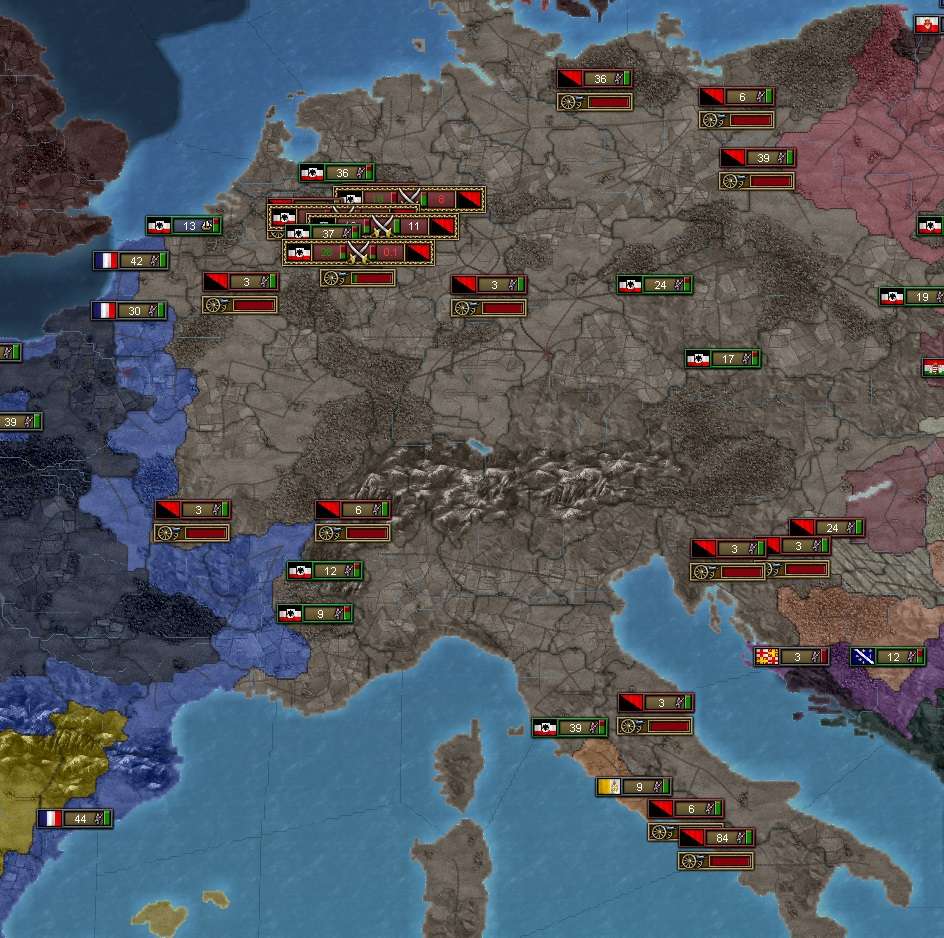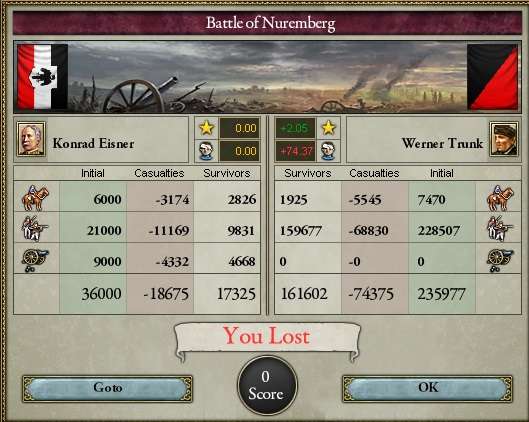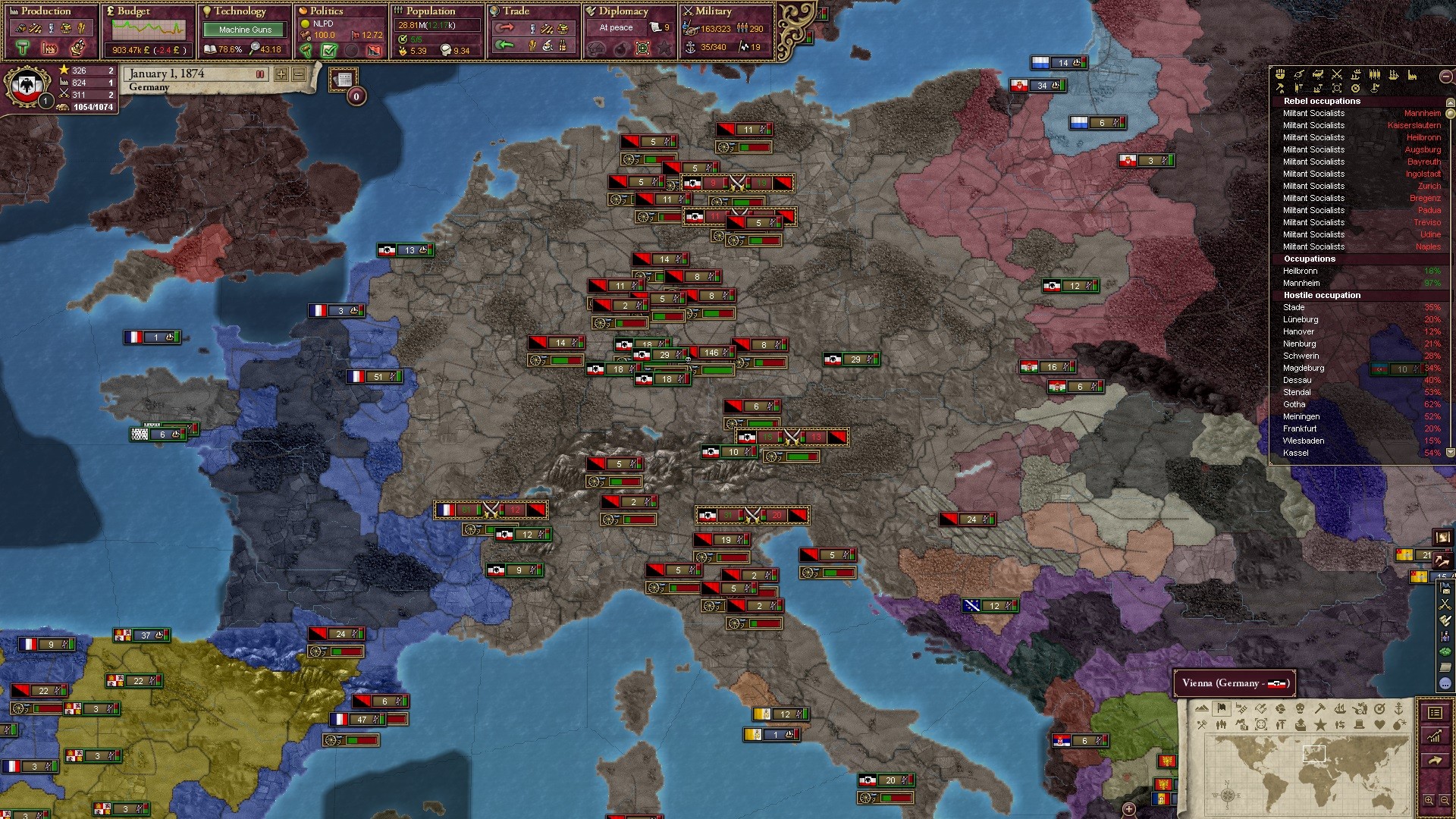Italian Home Rule Act
I. The Italian Region shall be created. All lands that lie in the Italian peninsula shall be considered part of the Italian Region ((modern Italian borders)).
II. The Italian Region shall be granted its own parliament. This parliament shall represent the Italian people and respond to their needs in lieu of the Reichstag. Regional governments ((IG-states)) shall now answer to the Italian Parliament in lieu of the Reichstag.
III. The Italian Parliament shall seat one hundred members and will be unicameral.
IV. The Italian Parliament shall possess full legislative authority over affairs local to Italy and may pass laws pertaining to Italian affairs. The Italian Parliament may also pass budgets and levy taxes on the residents of the Italian Region ((won't change anything IG because that would be hard to work out)).
V. Over half the members of the Italian Parliament must vote aye on a bill for it to become law. Any member of the Italian parliament may propose legislation.
VI. All laws passed by the Italian Parliament must abide by the Constitution of the German Republic.
VII. The German Supreme Court has the final say over the constitutional legality over any bills passed by the Italian Parliament.
VIII. The court system within the Italian Region shall be maintained. However, the Italian Parliament is ultimately responsible for oversight over the court system within the Italian Region.
IX. Any residents living within the Italian Region or residents born in the Italian Region shall be eligible to vote in elections for the Italian Parliament.
X. The position of President of Italy shall be created ((should be a player character)).
XI. The President of Italy shall serve as the head of government for the Italian Region. He shall formally represent the Italian Region in the Reichstag and may appoint a liaison to the Reichstag in order to facilitate cooperation between the Italian Parliament and Reichstag and represent the Italian Region in the Reichstag on a day-to-day basis.
XII. The President of Italy shall be responsible for the day-to-day administration of the Italian Region and may appoint administrative officeholders ((Italian President controls one National Focus and can choose where to put it)).
XIII. The President of Italy may appoint a cabinet to assist in the administration of the Italian Region.
XIV. The Italian Parliament may veto an administrative or cabinet appointment made by the president through a majority vote.
XV. The Italian Region shall possesses authority over law enforcement within the Italian Region. The President of Italy shall possess the authority to oversee law enforcement within the Italian Region.
XVI. The President of Italy may veto any bill passed by the Italian Parliament. However, the parliament can override this veto if over 2/3 of the parliament agrees.
XVII. The President of Italy may cast a tiebreaker vote in regards to pending legislation in parliament if both ayes and nays both have fifty percent.
XVIII. Any candidates seeking the presidency of Italy must be over 40 years of age, live in the Italian Region or have been born in the Italian Region, and of good moral standing.
XIX. Only two candidates may run, per party, per election. The party leader is always assumed, when eligible, to be a candidate for this office.
XX. The President of Italy is elected directly by the Italian Parliament after each general election. If no single individual receives a majority vote, a second round will occur for the top three vote earners.
XXI. The President may serve a maximum of two consecutive terms, totaling eight years.
XXII. Residents of the Italian Region shall maintain their citizenship within German Republic and their full, legal rights and protections as German citizens.
XXIII. The Reichstag may veto any laws passed by the Italian Parliament through a majority vote in both houses.
XXIV. The Reichstag may pass laws pertaining to local Italian affairs. However, these laws must be accepted by a majority of voters in the Italian Parliament. The President of Italy may veto the parliament's approval and the parliament can override the veto.
XXV.The Head of State for the Italian Region will be the Reichspräsident.
XXVI. The Reichstag is responsible for the foreign affairs and diplomatic activities of the Italian Region.
XXVII. No member of the Italian Parliament nor the President of Italy may partake in foreign diplomacy unless permitted by the Reichstag.
XXVIII. The Reichstag is responsible for the defense of the Italian Region and military matters. The Italian Parliament and President of Italy shall possess no authority over military matters.
XXIX. The structure of the armed forces shall be maintained and any soldiers of the armed forces of the German Republic may pass through or be stationed in the Italian Region at the discretion of the Reichstag or General staff.
XXX. Any resident of the Italian Region can serve in the armed forces of the German Republic.
XXXI. Residents of the Italian Region may not vote for members of the Reichstag since the Italian Parliament represents the residents of the Italian Region.
XXXII. Residents of the Italian Region shall maintain their citizenship within German Republic and their full, legal rights and protections as German citizens.
XXXIII. Private ownership of factories and railroads within the Italian Region shall be maintained.
XXXIV. The ownership of any government owned factories, railroads, and ports within the Italian Region shall be maintained by the Reichstag.
XXXV. The Reichstag may choose to subsidize or build factories within the Italian Region. The Italian Parliament may not subsidize or build any factories within the region.
XXXVI. The Reichstag may pass laws pertaining to local Italian affairs. However, these laws must be accepted by a majority of voters in the Italian Parliament. The President of Italy may veto the parliament's approval and the parliament can override the veto.
XXVII. The residents of the Italian Region shall be required to pay any taxes requested by the Italian Parliament.
XXVIII. The Italian Parliament is responsible for the collection of these taxes and may do what it sees fit with them, provided the activity falls within the boundaries of the Constitution of the German Republic and is not vetoed by the Reichstag.
XXIX. The residents of the Italian Republic shall pay a separate tax determined and collected by the Reichstag that shall cover defense expenditures related to the Italian Region ((won't change anything IG)).




